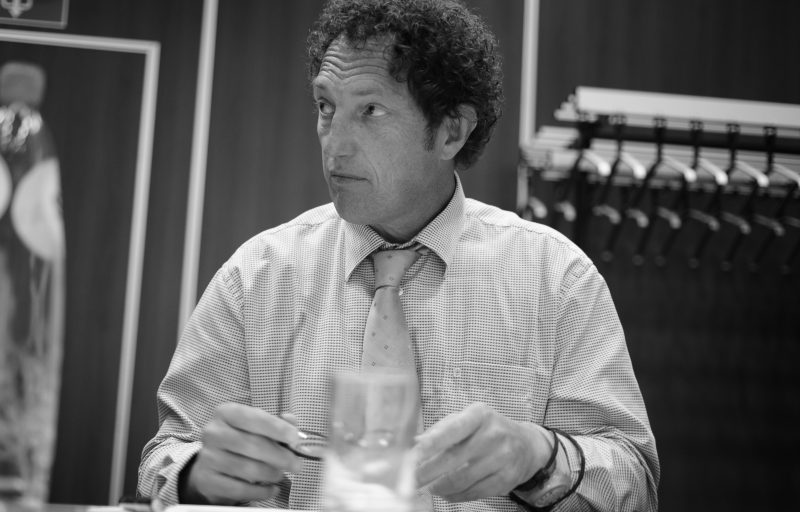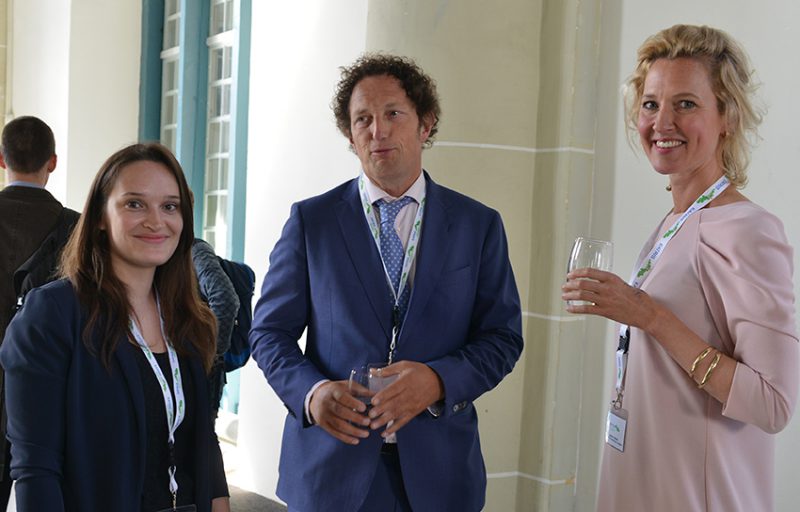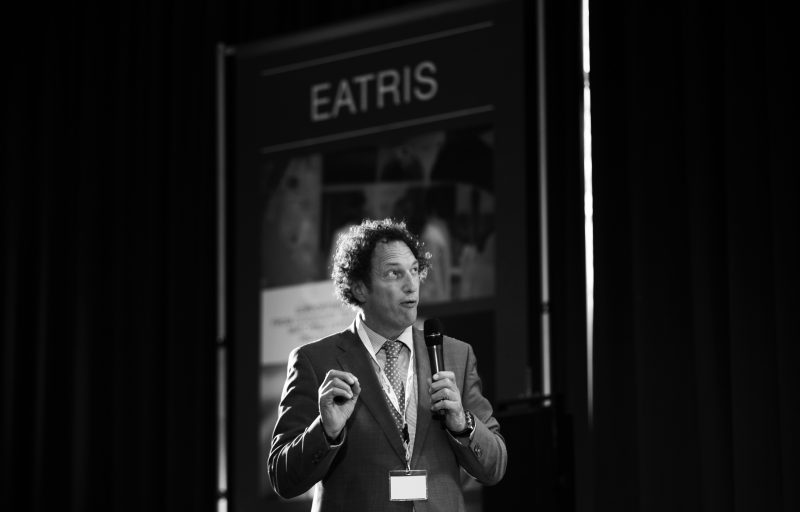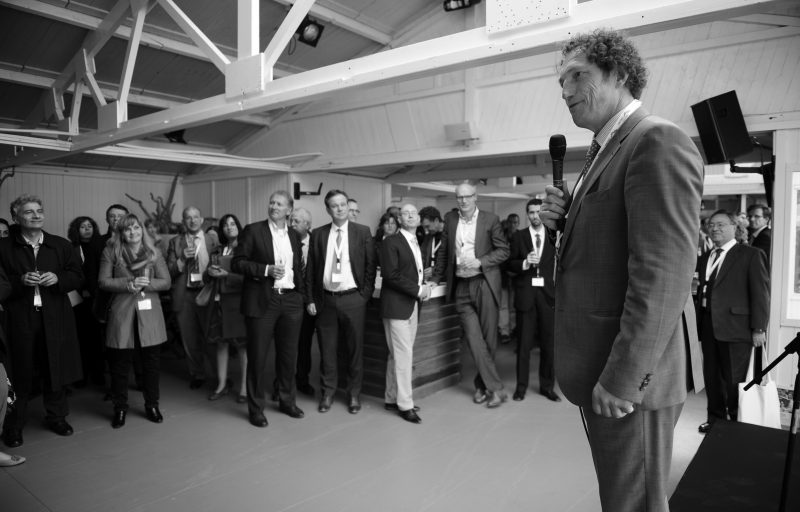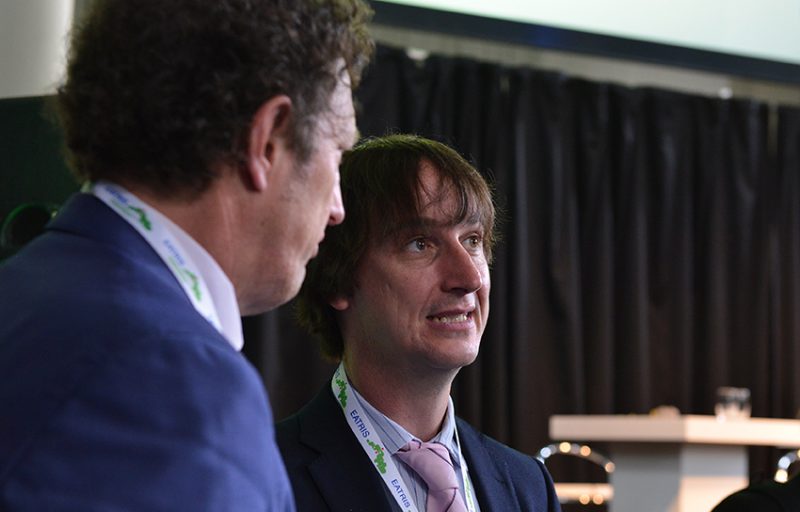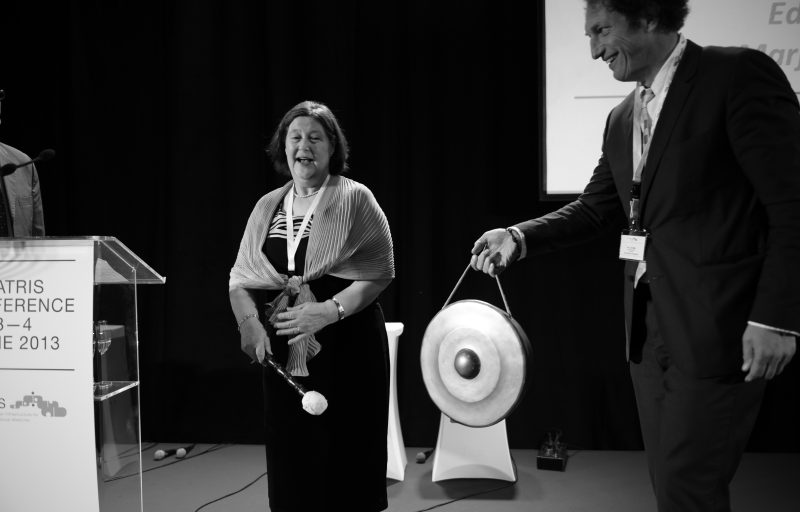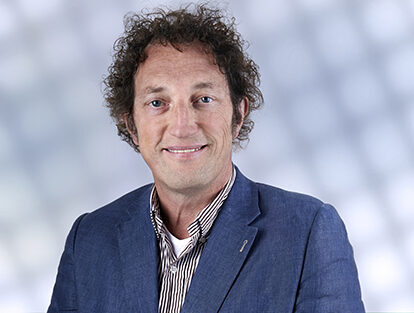
Tell us a bit about yourself
Born under the North Sea skies and the winds of Scheveningen, The Hague, made me a beach boy since I was young. In the summertime, the local kids started to run for the shore after 5 pm, when the tourists went home. The dunes, the beach and the winds still mark our lives.
I lived around the corner from the ‘Orange Hotel’, the infamous prison close to the dunes and coastline in which the Germans kept the NL resistance people in WW2.
My high school years were defined by sports, music, arts oh yes and study.
After high school, I studied law in Amsterdam. Because of my family’s Indonesian ties that reach back to before WW2, my parents allowed me to have a gap year. With a friend, I travelled the Indonesian islands of Sumatra, Java, Bali and Lombok on my motorbike, which I can only assume helped define my affinity with the world outside of NL and Europe.
Back home again, I started my first enterprise of importing bikinis and scarves from Bali and selling them to boutique shops in Amsterdam.
While working for the NL Ministry of Health, representing NL in Brussels and Washington DC, I finished my PhD in Health Management at the University of Groningen.
What is your role in EATRIS and what does a typical week look like for you?
I have been involved in EATRIS since 2009, the two final years of the preparatory phase under the leadership of Prof. Rudi Balling. At the time, I was asked by ZonMw, the NL partner to support their work for EATRIS. Consequently, Rudi asked me to join the EATRIS team in a broader sense. By the end of 2010, NL was elected to become the EATRIS host country. Since 2011, Giovanni Migliaccio and I led the development of the EATRIS business model, the organisation, its governance as well as the application to become the first ERIC for biosciences which was established in November 2013. Per that date, Giovanni and I were appointed members of the EATRIS ERIC Executive Board.
By 2015, the organisation was up and running and I realised that to further develop the business model and operations, beyond the scientific affairs, EATRIS leadership needed more content knowledge and experience. Therefore, in 2015 I handed over my position to Anton Ussi and stayed on as advisor to the Executive Board.
What has been the highlight of your EATRIS experience so far?
The transition EATRIS made in 10-12 years from ‘the new kid on the European scientific block’ towards an established, bioscientific consortium of more than 150 institutions in translational medicine, across Europe. We successfully implemented this new approach in bioscience, this collaborative model in which bioscientists with a variety of backgrounds work together to bring research outcomes that address patients’ unmet medical needs faster and more effectively.
In 2020, Clayton Heijman and I co-founded the Human Plus Fund, an impact investment fund that supports bringing early innovations to patients faster and as such building on the EATRIS mission. Human Plus teams up and collaborates with EATRIS for its project translational potential-, health technology- and regulatory assessments.
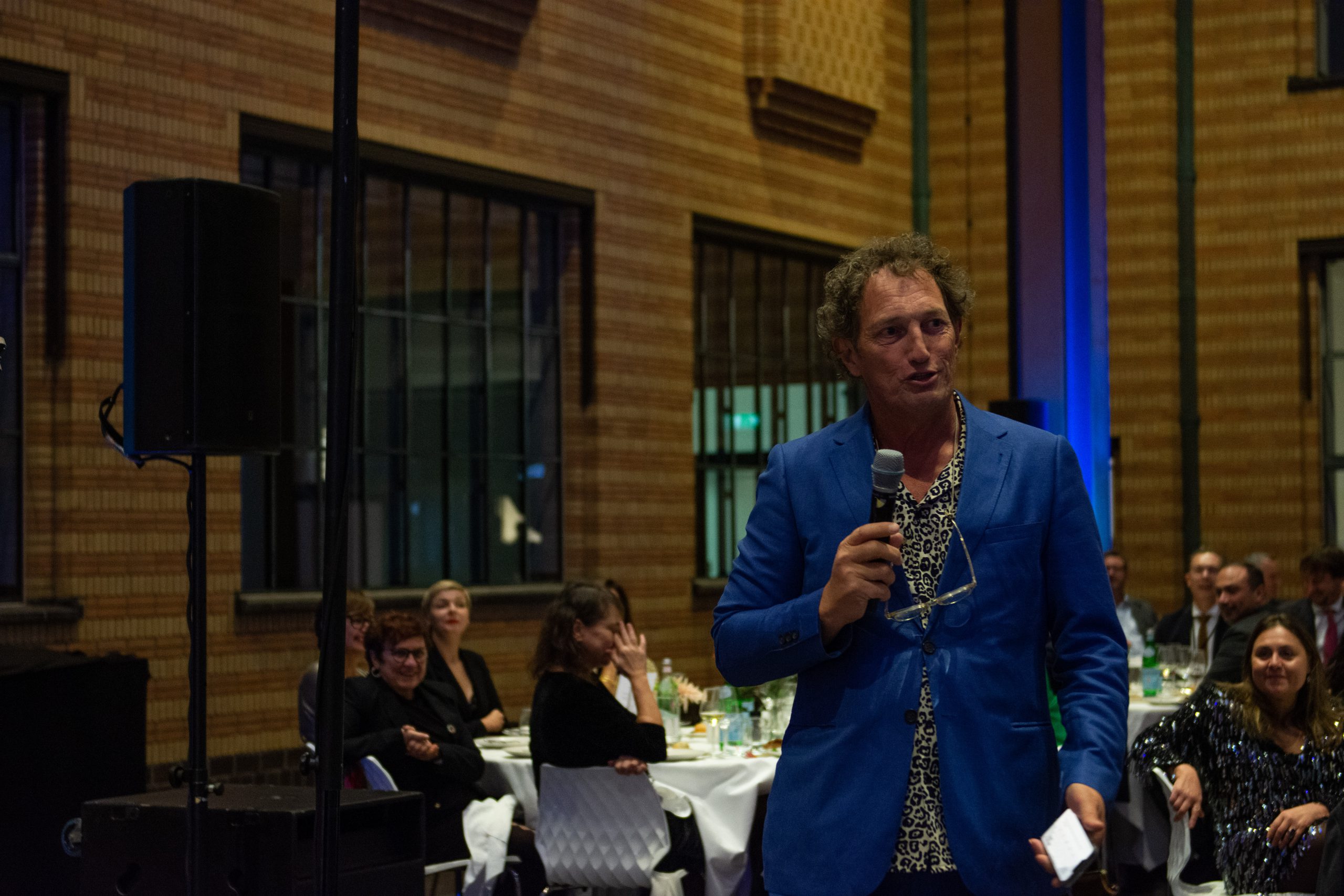
What is translational research for you?
The present and the future!
Why did you decide to work in the translational medicine field?
It was not truly a decision but rather an opportunity that came along and intrigued me. When ZonMw asked me to support their efforts during the EATRIS preparatory phase, I hadn’t heard about translational medicine, whatsoever. As an ‘organisation maker’ not being educated in bioscience, it triggered me how to make bioscientists work together, and collaborate effectively, to get better outcomes for patients faster.
What advice would you give your younger self?
If you come across such an opportunity, do it!
What do you like to do when you aren’t working?
Sports, arts and music. Besides leisure, I couldn’t resist opportunities to work with young companies that I came across in NL and East Africa. With my wife Marjolein and business partner Hans Korteweg, we invest in and work with many young companies. Among others, Maua Mazuri Tissue Culture & Nurseries in Tanzania and Kenya, grow clean banana seedlings and indigenous agro-species for local farmers.
What would surprise people to know about you?
I don’t have a bucket list. Life, family, friends and colleagues are my bucket: overcrowded and too good to be true!

